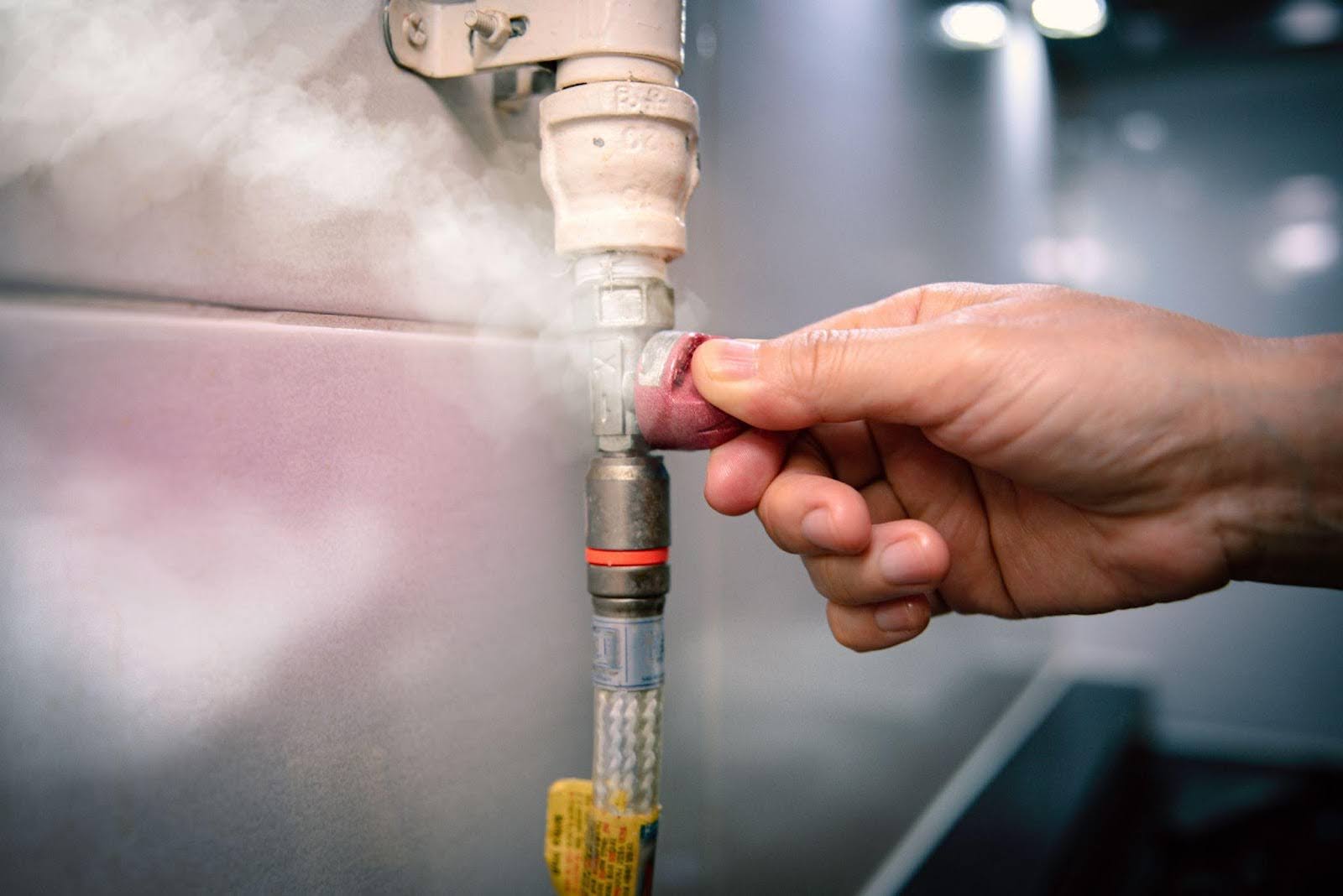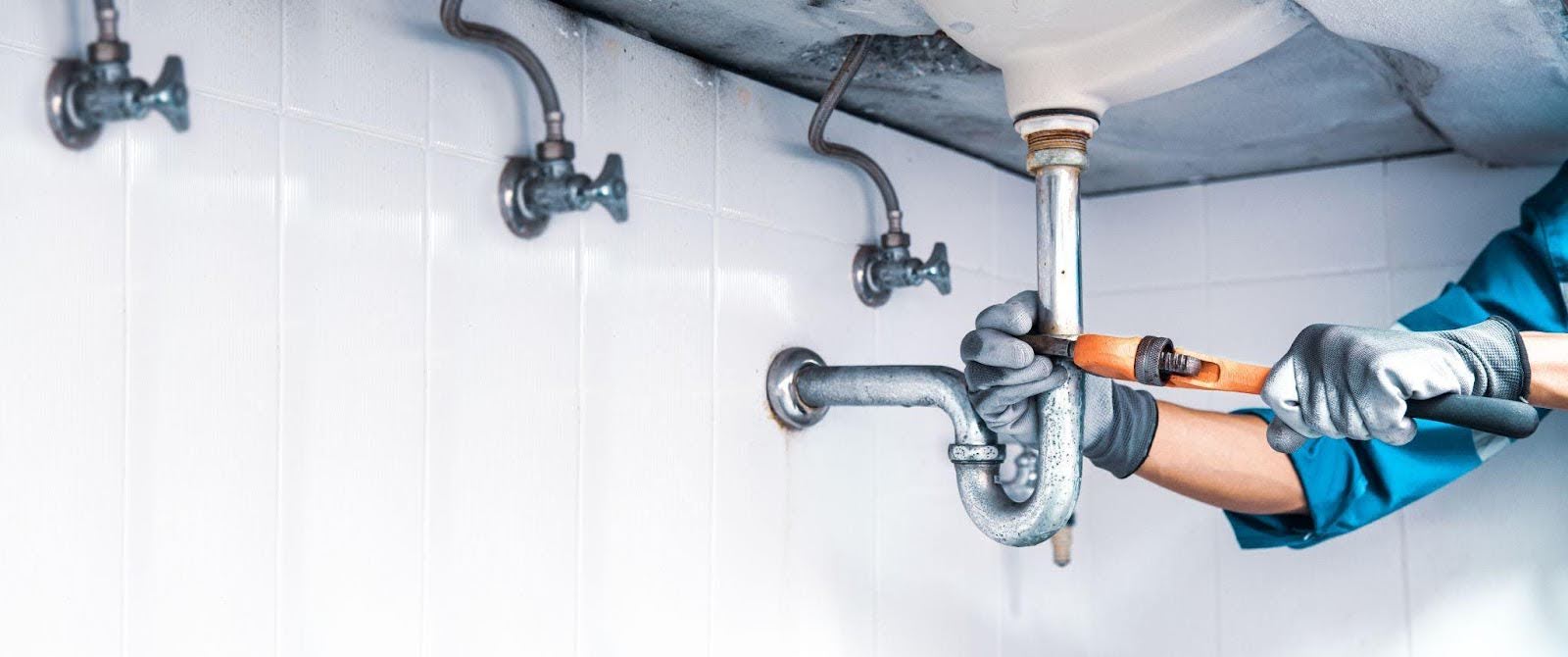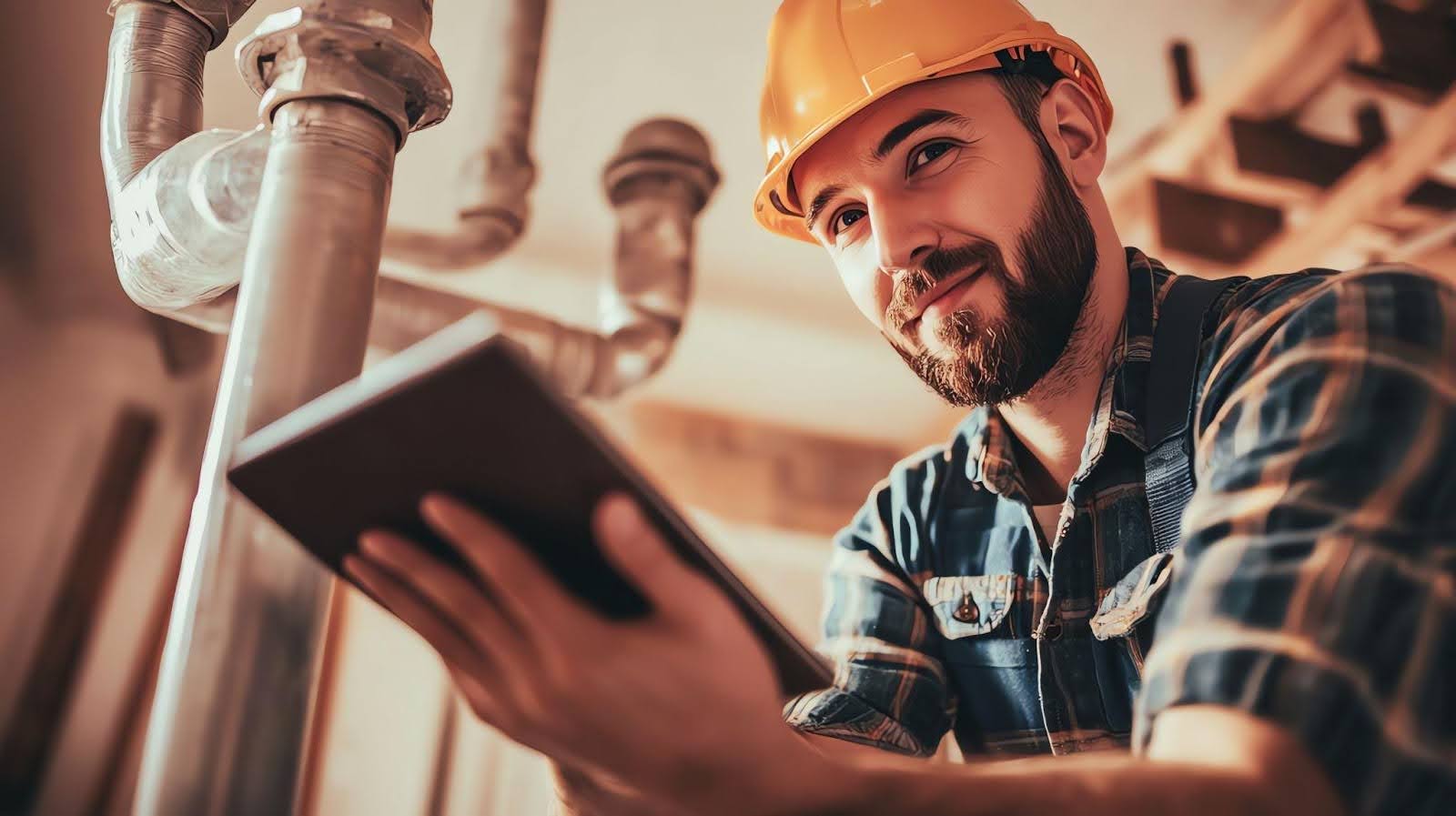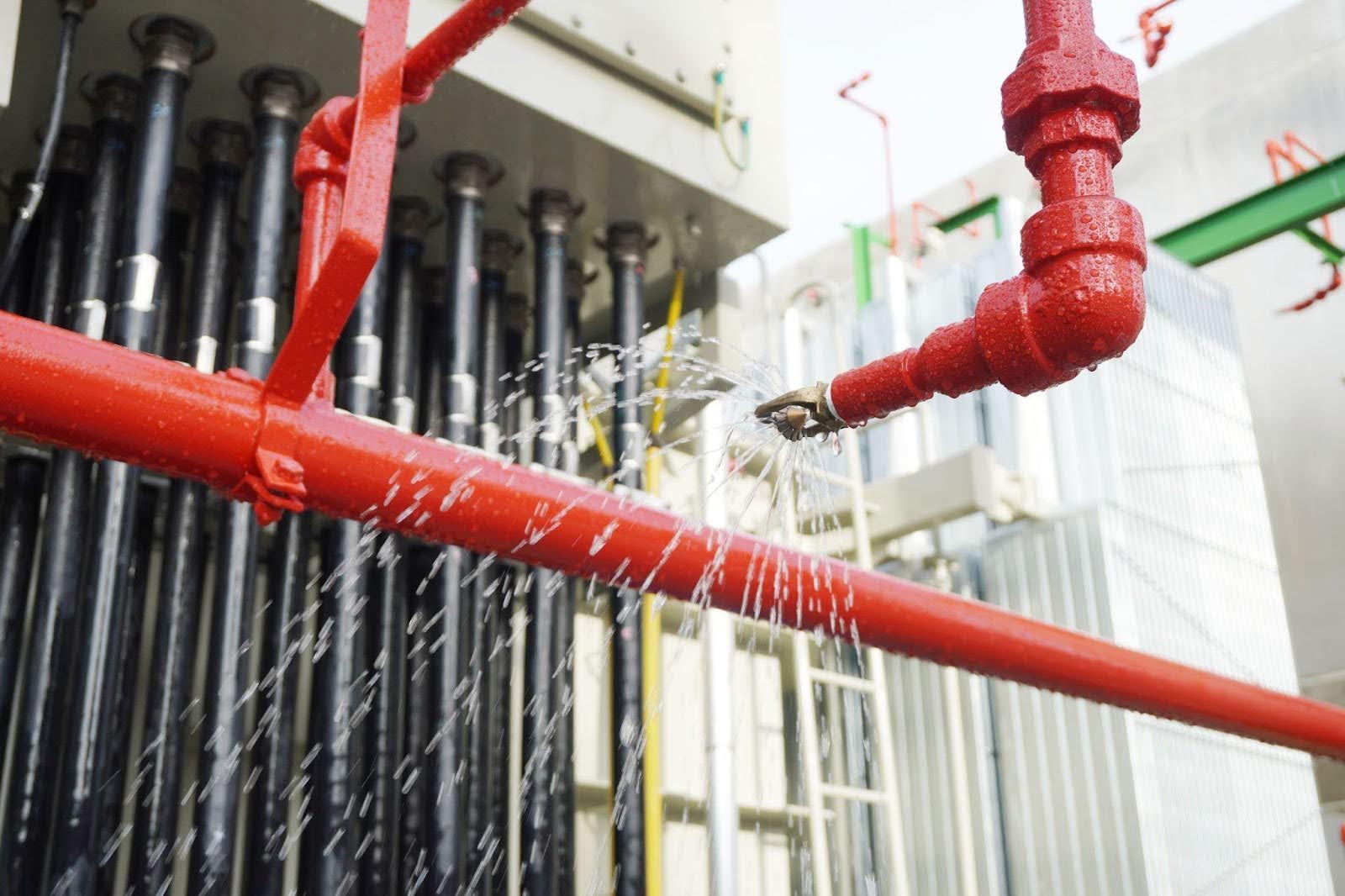Installing or repairing piping for gas lines isn’t the type of work you leave to chance. One wrong move creates a safety hazard that threatens your home, health, and wallet. Choosing the right gas piping contractor means knowing exactly what to look for before they ever touch a wrench.
Whether setting up a new gas range or upgrading a full gas system, you need someone qualified, experienced, and reliable. Use this complete checklist to avoid guesswork and hire with confidence.
Start with proper licensing and certification
A licensed gas piping contractor proves their qualifications right out of the gate. Licensing means the contractor passed tests, met education requirements, and received approval from the state or local licensing board. Certification shows they’ve trained to handle piping for gas lines safely, especially under pressure and in tight spaces.
Always ask for proof. Check their license number with your local building department or contractor registry. A true professional never hesitates to show credentials.
Unlicensed work leads to fines, failed inspections, and dangerous mistakes. If your contractor avoids this topic or gets defensive, move on to someone else.
Look for experience with gas-specific projects
Choose a gas piping contractor with experience in gas-specific projects like stoves, water heaters, or generators. They should know how to size lines correctly, select the right materials, and test for leaks to avoid pressure issues and appliance damage.
Check for insurance and bonding
Insurance matters. A qualified gas piping contractor carries liability insurance and workers’ compensation. You’re protected if something goes wrong on your property or someone gets hurt.
Bonding adds another layer of protection. If the contractor fails to finish the job or walks away from a contract, the bond covers the cost to fix it.
Always ask for proof of insurance and bonding. Take photos or request digital copies for your records. No one expects accidents, but you don’t want to deal with unprotected risks.
Confirm knowledge of local codes and permits
Gas work must follow strict codes. Each city, state, or county has specific rules for piping for gas lines, including depth, material type, and shutoff requirements. Your contractor must know them all.
They also need to pull permits. A real gas piping contractor handles permits before starting work. They schedule inspections with the local authority to ensure everything meets safety and code standards.
If your contractor skips this step or asks you to do it, that’s a red flag. Always hire someone who knows how to navigate local rules without cutting corners.
Ask about pressure testing and leak detection
Every gas line must pass a pressure test before use. This test confirms that the line holds gas without leaking. A professional plumbing contractor uses approved methods, such as air testing with calibrated gauges, to verify system integrity.
Leak detection matters, too. Contractors use bubble solutions or electronic detectors to check connections after installation. A sloppy test puts you at risk of gas buildup, which leads to fire or explosion.
Ask your contractor how they test the system during the estimate or consultation. If they struggle to explain the process or downplay its importance, don’t hire them.
Evaluate their materials and equipment
The right tools and materials make all the difference. High-quality piping for gas lines includes black iron, steel, copper (where allowed), or flexible CSST. Poor materials corrode or crack, leading to leaks and costly repairs.
Ask what type of pipe they recommend and why. They should also have the tools to properly cut, thread, seal, and test the piping.
A strong gas piping contractor keeps their equipment clean, maintained, and ready for any job. Messy or outdated tools often lead to poor-quality work.
Read reviews and ask for references
You learn a lot from people who’ve already worked with the contractor. Check online reviews, but also ask for direct references. Speak to past customers about how the contractor handled scheduling, cleanup, testing, and follow-up.
Look for consistent comments. If multiple people mention great communication, fast service, and clean work, that’s a good sign. If several say, the contractor left a mess, failed inspections, or vanished after taking payment, stay away.
Online reviews don’t tell the full story, but they reveal patterns. Trust your instincts if something feels off.
Look for experience with appliance hookups
Hooking up appliances like stoves, dryers, and tankless water heaters takes precision. Each appliance needs the correct BTU rating, regulator, shutoff valve, and connector. A skilled gas piping contractor understands how to match the gas flow to the equipment.
If your job includes appliances, ask how they’ll handle the hookups. Will they supply parts? Will they test the appliance? Will they leave behind documentation for inspections?
These details show whether the contractor treats gas work as a system, not simply a pipe. A professional plumbing team handles the full job, not half of it.
Ask about availability and project timeline
Timing matters. If your gas piping contractor doesn’t have time for your project or leaves it half-done for weeks, that’s a problem. Find out when they plan to start, how long the job will take, and if they will stay on the project until completion.
Ask who shows up. Will the contractor handle it or send an apprentice or subcontractor? Make sure you meet the person doing the work — not the salesperson giving the estimate.
Clarity on timing keeps your project smooth and your home disruption-free.
Expect clear pricing and written estimates
Guesswork on pricing never ends well. A good contractor provides a detailed, written estimate before work begins. It should include labor, materials, testing, permits, and cleanup.
If they hand you a number without explanation or scribble it on a napkin, that’s not good enough. You deserve a full breakdown of costs and terms. A professional plumbing company respects your time and budget.
Also, ask about warranty terms. Will they fix issues after the job? How long does their work stay covered? If they don’t back their work, find someone else.
Trust your gut when you meet them
When you meet the contractor, watch how they act. Do they show up on time? Do they speak clearly and answer questions confidently? Do they treat your home with respect?
If they rush the estimate, dodge your concerns, or speak vaguely about codes and testing, take it as a warning. You need someone who’s organized, focused, and serious about safety.
Gas work leaves no room for carelessness. Hire the contractor who earns your trust, not the one who pressures you for a fast decision.
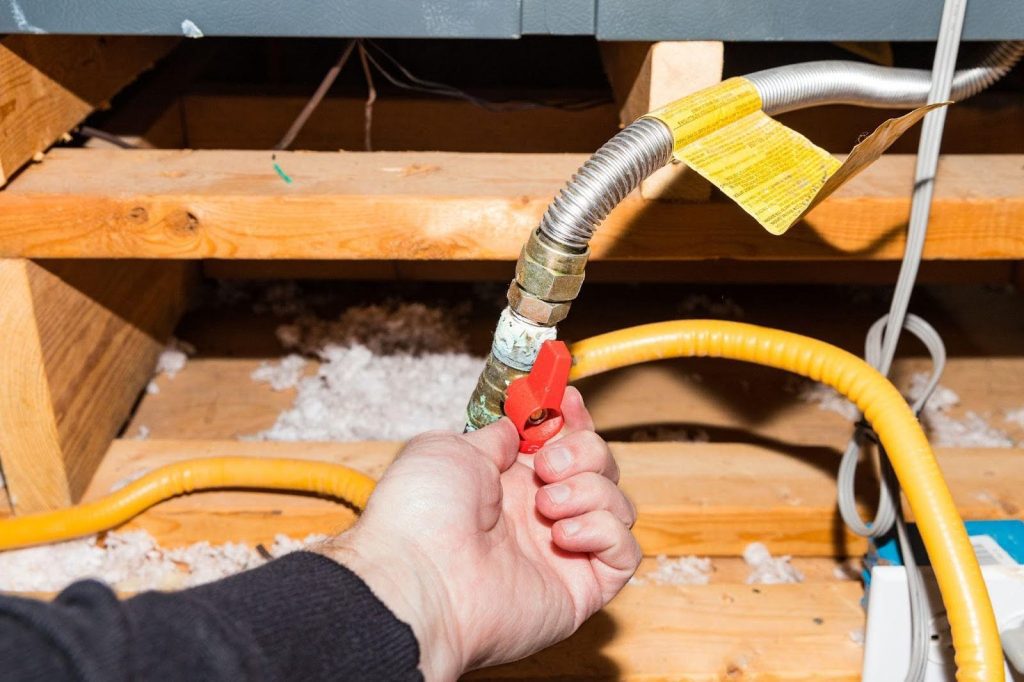
Final thoughts
Hiring the right gas piping contractor protects your home, time, and budget. Gas line work requires a licensed expert who follows codes, handles pressure testing, and ensures safe appliance hookups.
Use this checklist to choose wisely and trust a professional plumbing specialist to get the job done right the first time.
Salisbury Plumbing — trusted gas piping contractors for safe systems
Gas piping issues can threaten your building and safety. At Salisbury Plumbing, our licensed contractors handle everything from routine inspections to complex gas line installations.
We catch problems early, fix them fast, and follow every safety code to the letter.
Whether you need new piping, leak detection, or upgrades, our team delivers reliable results that keep your system running without disruption.
Call Salisbury Plumbing at 385-438-6647 today for expert gas piping.


